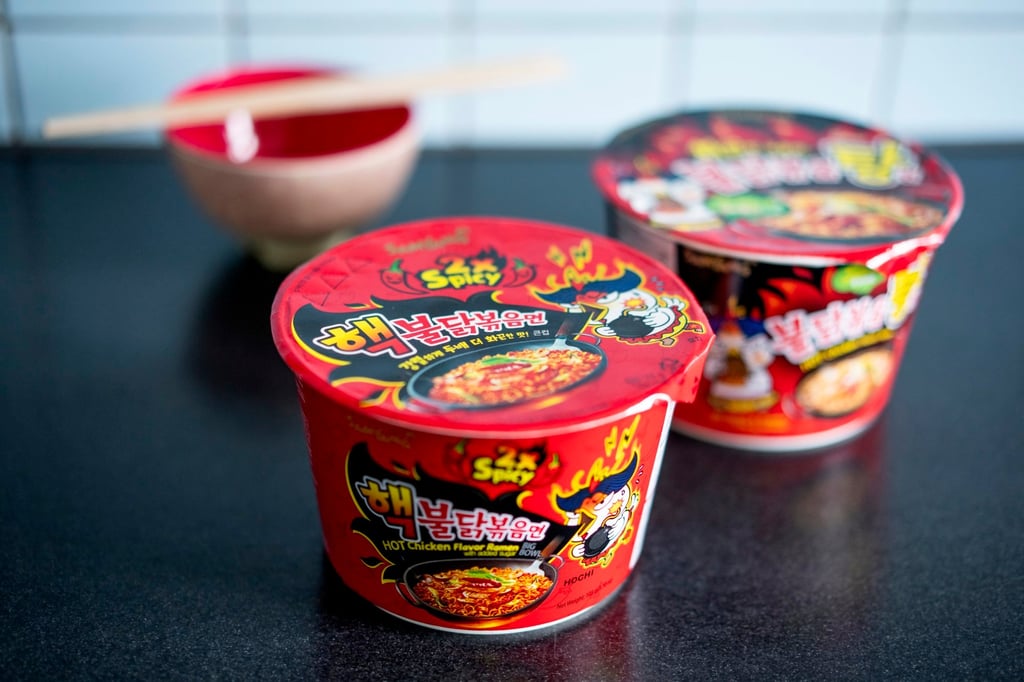Reflections | How chilli peppers in China were a substitute for salt before becoming widely popular
- Spicy food is ubiquitous these days, as Denmark’s recall of too-spicy instant noodles showed. But it was not always that way

Recently, Denmark recalled three flavours of instant noodles for being too spicy.
The country’s food and health authorities had assessed the levels of capsaicin in a single packet of Buldak instant noodles, made by South Korean company Samyang, to be “so high that they pose a risk of the consumer developing acute poisoning”, especially children, for whom extremely spicy food can cause harm.
I used to like spicy food. According to my parents, I was already something of a curry connoisseur shortly after I started on solid foods. I am in my early fifties now, and my tolerance for spicy foods has diminished, which, my doctor friends assure me, is quite normal for many people as they age.
To be sure, I still like the piquant kick that chilli peppers give to certain foods. It is the after-effects that make me think twice about dipping my tortilla chips in that extra-hot salsa. Let’s just say that if I did that, I am not going to be very sociable the following day.

Like dairy products – another much-loved comestible my older self has diminished tolerance for – my body’s response to spicy foods is selective.

